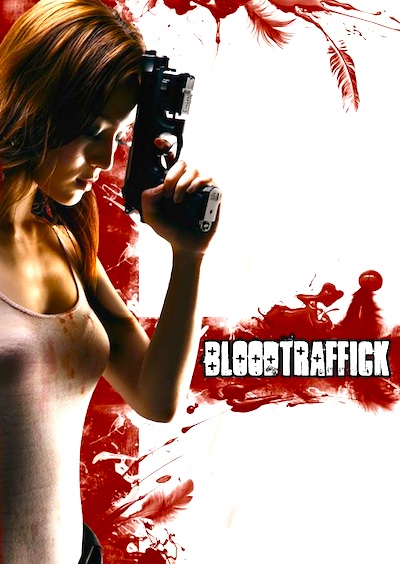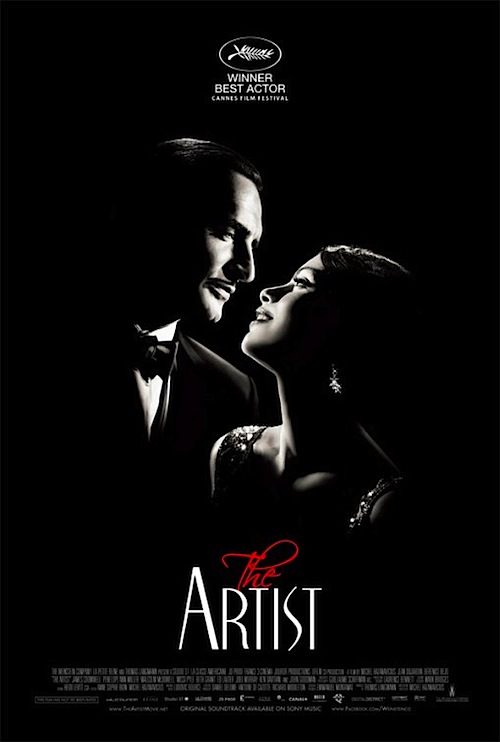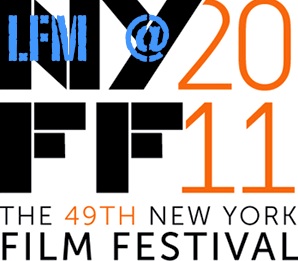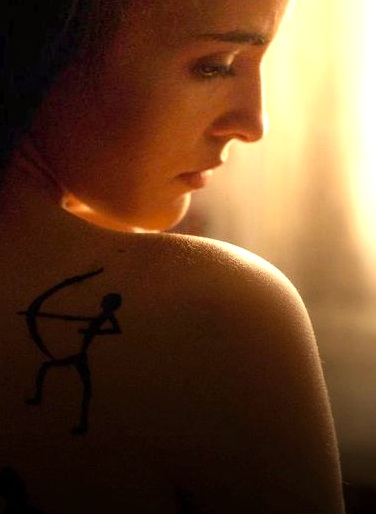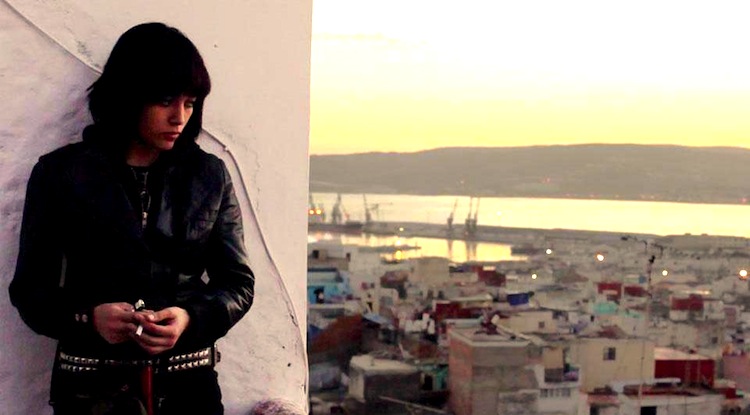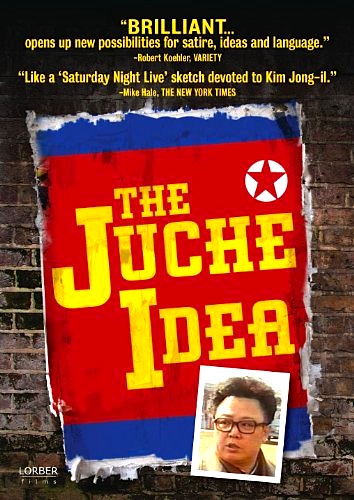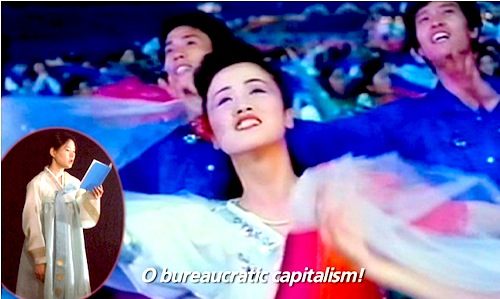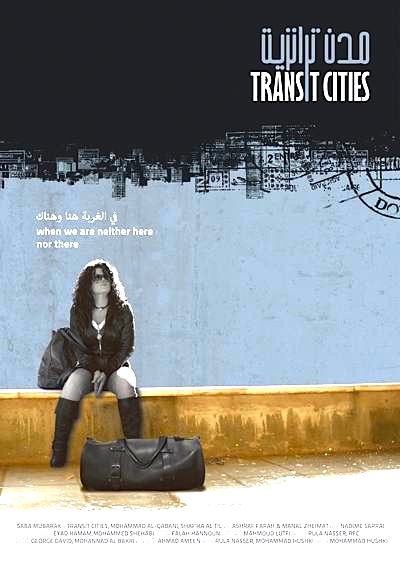 By Joe Bendel. How can a major metropolis simultaneously become larger but less cosmopolitan? Such appears to be the case when Laila Kamel returns to her family home in Amman, Jordan after a long stay in America. Things have changed for the worse in Mohammad Al Hushki’s Transit Cities (trailer here), which has a special one week New York theatrical run in conjunction with the Dialogue of Cultures International Film Festival, beginning today (10/21).
By Joe Bendel. How can a major metropolis simultaneously become larger but less cosmopolitan? Such appears to be the case when Laila Kamel returns to her family home in Amman, Jordan after a long stay in America. Things have changed for the worse in Mohammad Al Hushki’s Transit Cities (trailer here), which has a special one week New York theatrical run in conjunction with the Dialogue of Cultures International Film Festival, beginning today (10/21).
After fourteen years, Kamel returns to Amman a divorced woman. It is a personal failure she is not eager to admit to her family. However, her father is not exactly grilling her for information. Broken by his own disappointments and openly contemptuous of her lifestyle choices, he barely speaks to her. Of course, he hardly speaks to anyone, so acute is his depression.
Much too her surprise, Kamel’s mother and sister now wear the hijab in public. Granted, Amman is not Saudi, but the prodigal daughter is shocked by the radical shift in gender role expectations. Not surprisingly, she has a difficult time acclimating to the “new” Jordan. Nor does she win many new friends disdaining religious hypocrisies, like the practice of charging Murabaha or Islamic interest.
It is more than a bit surprising the state chartered Royal Film Commission Jordan would partner in Transit’s production, yet here it is. Indeed, the film portrays Jordan as a society in regression with a distinctly inflationary economy. In this non-usurious environment, coffee for two in a comfortable café will run you sixty dollars (it must be shade-grown fair-trade). However, if Kamel invites over a man for a long night of wine and reminiscing, it is a scandal.
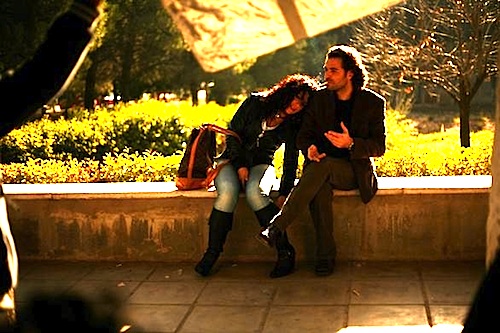
Saba Mubarak makes a strong impression as Kamel, vividly expressing all her mounting frustrations, resentments, and self-doubts. She is a complex character, who sometimes makes matters worse for a host of contradicting motivations, but is never unreasonably unreasonable. Likewise, Ashraf Farah brings assured nuance to the jaded Rabea, her father’s former young colleague, with whom she shares considerable history the film merely hints at. Together, they develop very intriguing if not exactly romantic chemistry together.
Only Jordan’s second “indie” production, Transit is quite stylishly put together. Though Al Hushki intimately focuses on Kamel, cinematographer Mahmoud Lofty evocatively captures the mood of dislocated alienation, like a Lost in Translation with a point to it all. Traditional in its instrumentation but often sounding relatively modern in its melodic and harmonic approach, Nadim Sarraj’s score also perfectly suits the film’s between-two-worlds themes.
While clocking-in just over the seventy minute mark, Transit is a wholly engaging and satisfying film (though alas, not necessarily an optimistic one). A shrewd choice to serve as the DCIFF’s showcase selection, it screens for a full week in New York at the Quad Cinema starting today (10/21)—and tickets are only $5.00.
Posted on October 21st, 2011 at 2:22pm.
